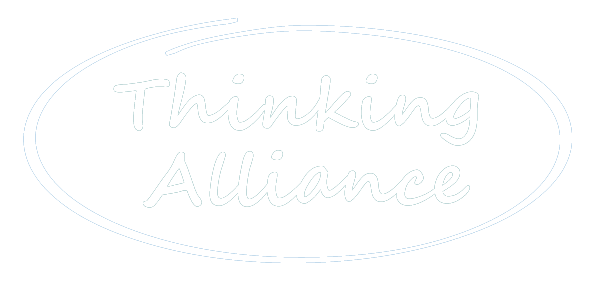04 Apr Worry – it’s not all bad news!
I have a number of clients who worry about being worriers or having a pessimistic frame of mind. They recognise the expectation in many workplaces to ‘bring solutions, not problems’ and to keep smiling through everything.
Such workplaces seem to have forgotten that there’s a positive aspect to these tendencies. The best illustration of the upside of worrying that I’ve seen recently is by Chris Hadfield in his book “The Astronaut’s Guide to Life on Earth” (you can read my review here). In Chapter Three, ‘The Power of Negative Thinking’, Hadfield suggests that “anticipating problems and figuring out how to solve them is actually the opposite of worrying: it’s productive”. People who worry about what might go wrong and take the time and effort to work out solutions in advance or to learn from mistakes are vital to the success of any project.
What’s more, many people strive to achieve an upbeat, calm under pressure approach without realising that these ways of being also have their downsides. I’ve been told in the past that whilst my cool head in a crisis is very welcome, sometimes those who might have helped didn’t even realise there was a crisis because I wasn’t displaying my concerns externally. I’ve learned to use a more fiery approach if I need to stir people up a bit!
Beyond work, we recognise the pros and cons in ourselves and others, and tend to find people who can be our counter-balance. How often have you heard someone say “I’m a bit of a worrier, but my partner takes everything in her stride so between us we get through OK”? Or, “I’m an eternal optimist, but thankfully my other half is a ‘glass half-empty’ kind of guy so he makes sure I don’t get carried away”? We implicitly recognise that we can overplay our preference and that there is something to be gained from having the opposite in our lives as well.
Bearing all this in mind, I was very interested in the emerging Lumina Emotion psychometric tool which was soft-launched recently. As with the other tools in their suite, the Lumina team have sought to recognise the everyday and, importantly, the over-extended aspects of the full range of emotional reactors. This allows us to understand better how they might serve us well but also trip us up. Lumina Emotion also looks like it will offer a positive way for teams to explore their different emotional reactors at work and find a productive balance across the group. I’ve already enjoyed using Lumina Spark to generate good discussions about how to use the variety of strengths within teams and hope that Lumina Emotion will bring even richer conversations.
Do get in touch if you’d like to know more about Lumina or to talk more generally about how to worry positively.

